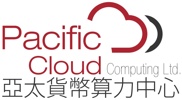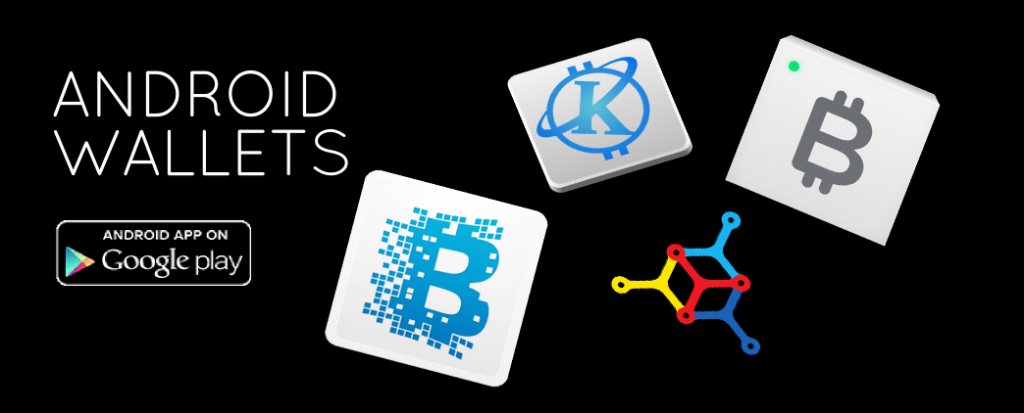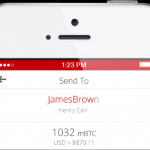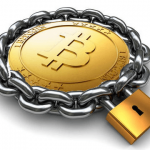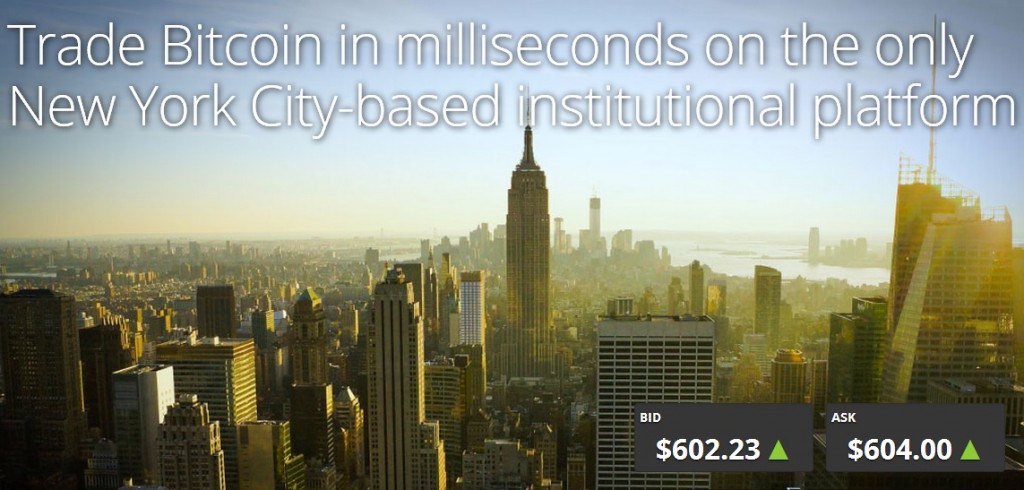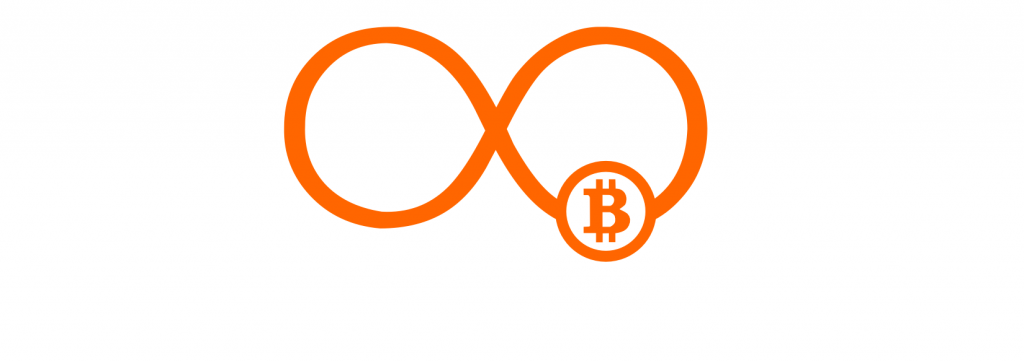One of the most important strategies for the best Bitcoin adoption is smartphone wallets that give people and business the possibility of making a transaction anywhere.
You can choose between different android bitcoin wallets such as Coinbase (50-100k users) or Blockchain.info (50-100k users) which store your private keys. Or choose Bitcoin Wallet (100-500k users) or Mycelium (20k users) for local-storage of the private keys.
KnC Wallet (5-10k users), launched by the famous KnCMiner company is only a clone of Bitcoinwallet that allows you to send bitcoins to any person in your smartphone’s address book long as that person has installed this wallet. And KnCMiner is distributing bitcoin to any person that installs the app.
The most booming app at present is Mycelium, a semi-opensource android wallet that provides a powerful gateway to the bitcoin network with quick broadcasts throughout their servers. We’re speaking with Andreas Petersson, one of the two full-time developers together with Jan Moller, who has been telling us everything about the project.
According to Petersson, “our software is unique because it combines simplicity of use and speed with full power to the end user because he keeps his private keys.”
Since I bought my first bitcoin in early 2013, I was a Blockchain.info user, but after looking for more security and empowerment, I started looking for a better app. I found Mycelium, which seemed to have everything I needed. It was a simple, secure, and useful bitcoin wallet.
I can say that my experience has been positive because the app simplifies all the things that I had to do with different apps. For example, generate paper wallets with encryption or fast and secure cold-storage payments, all with syncing in a fraction of a second.
Right now a perfect and totally secure android wallet doesn’t exist, because without encryption malware with root access can read a wallet’s private keys. For this reason, secure cold-storage payments seems a good way to spend at this moment. This system can read a private key of a paper wallet being used for payment and the private key is removed after the transaction is complete.
One of the most interesting features that the Mycelium wallet has is Local Trading. With Local Trading, a user can sell and buy bitcoins inside the App with a low fee of 0.2% per trade with a system similar to Localbitcoin. The mycelium system allows contacting two people to buy and sell bitcoin with an encrypted message system.
Enabling GPS allows a Local Trading user to know who is trading bitcoins in your area and start the transaction on a secure platform.
The latest proposed feature is Bitcoin nodes that allows Mycelium users to know what businesses accept Bitcoin and know the location of ATMs nearby using an OpenStreetMap layer.
If you want try newer features you can also participate in the Mycelium Beta program in their Google+ community.
The post Mycelium: The Definitive Android Wallet appeared first on Bitcoin Magazine.
